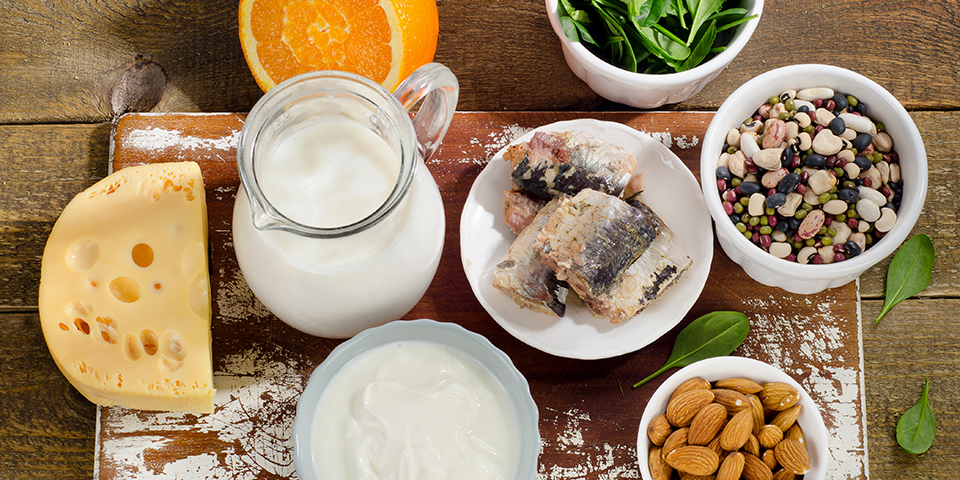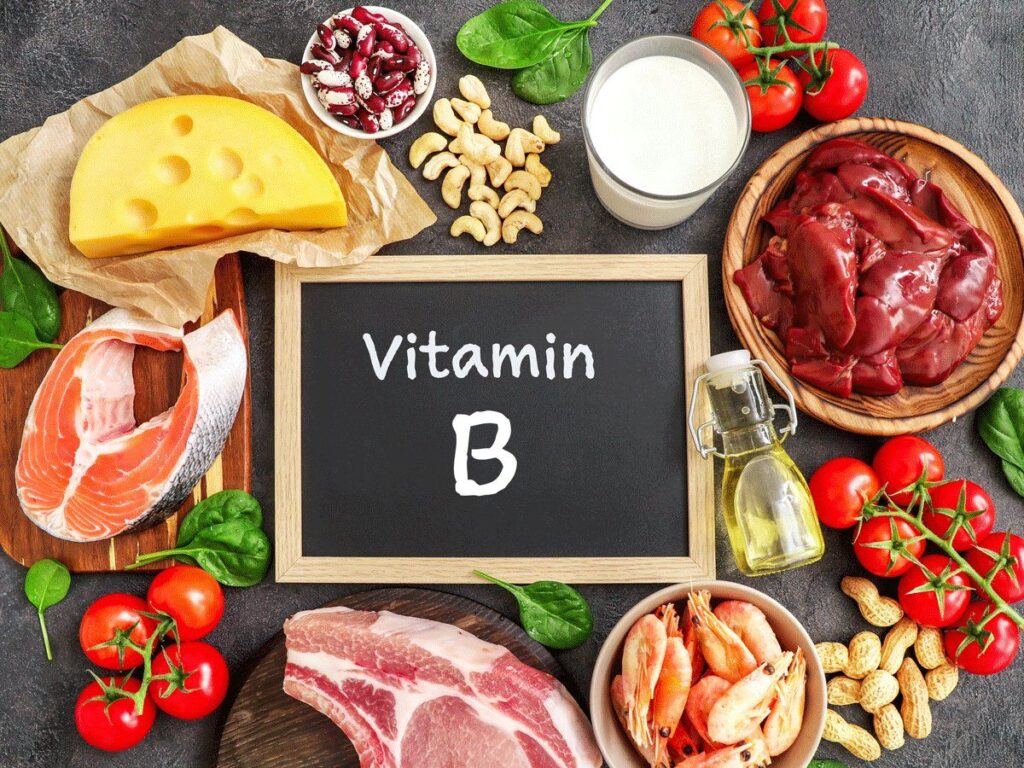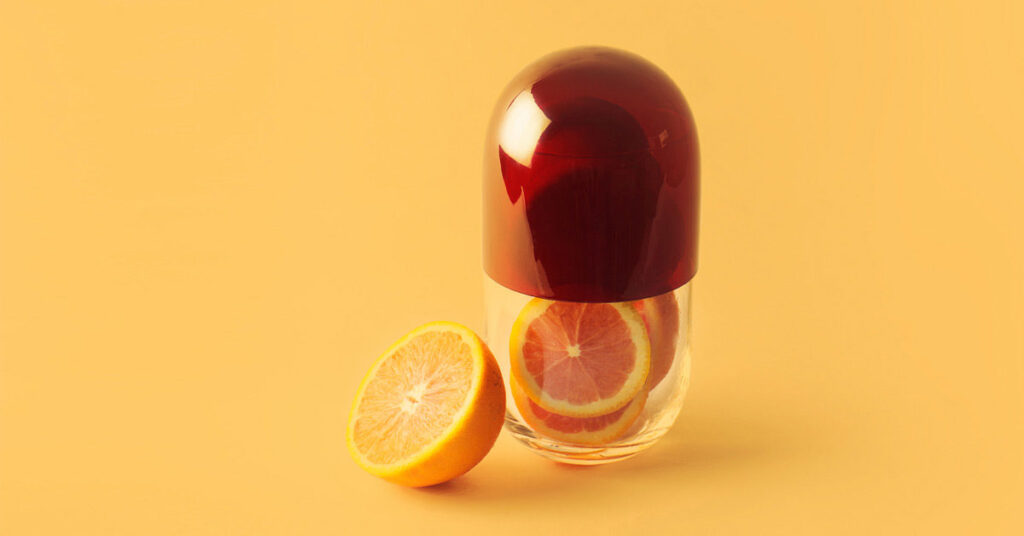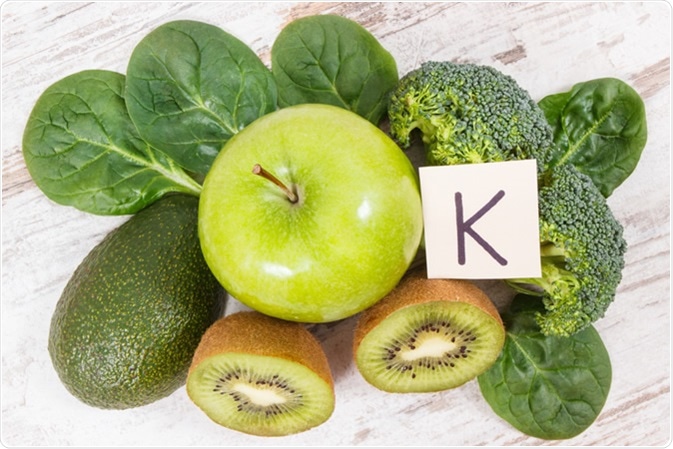Healthy teeth and gums is something we work on from when we are kids. We get told by our mothers to ensure we brush our teeth twice daily so that we have strong and white teeth. So it is not surprising that many of us don’t understand why we don’t naturally have great bright and strong teeth.
Well, it seems that for strong teeth and gums, just brushing and regular teeth cleaning at the dentist may not be enough. If you have crooked teeth then you may need braces or invisalign braces but in other cases, there are many ways to keep your teeth strong and healthy just by fixing your diet by getting the right minerals and vitamins.
Calcium

We know how great calcium is for the bones. It is the same for teeth. Calcium is required to maintain strong and healthy teeth. Osteoporosis, a bone disease due to calcium deficiency can also affect teeth. Calcium also helps you harden your enamel and makes your jawbone strong.
Apart from dairy, you can find many food sources to get enough calcium such as green leafy vegetables, beans, almonds, sardines, oysters and foods that are fortified with calcium. If your body does not have enough calcium, then your body starts removing this calcium from your teeth making it more prone to tooth decay. Hence, calcium supplements are also a great way to make up for the diet.
Phosphorus
For calcium to be properly absorbed by your body, there is a requirement of another mineral – Phosphorus. This mineral is the second most abundant mineral in the human body and is required for the maintenance of bones, teeth, protein production, cell function, tissue function and energy production. If calcium strengthens the enamel, phosphorus protects and rebuilds it.
A good news is, most people do not have a deficiency of this mineral since it is widely available from many food groups. It is found in dairy, meat and even whole grains which is great for vegetarians and vegans. For plant-based foods you can get the mineral from soybeans, lentils and pumpkin seeds. Many fish like salmon, scallops, sardines, cod, shrimp, tuna also have phosphorus present.
Potassium
Potassium is important to maintain bone density. It works with Magnesium to prevent blood from being too acidic. This is because if the blood is too acidic, it starts to extract calcium from your teeth and bones which could cause tooth decay and extraction which is usually a rather painful process.
Bananas are especially known for their high potassium content. This mineral is also present in tomatoes, sweet potatoes, avocados, lima beans, prunes and swiss chard
Iron
Iron is important for your blood and especially to maintain a healthy count of red-blood cells in your body. Now, you may be wondering what that has to do with your teeth…
When you have any dental infection or inflammation, if your body does not have enough iron- it cannot fight it off. This can make matters worse and further cause inflammation, gingivitis, and even gum disease. In the future if you ever need tooth implants, this may be difficult as it requires healthy gums to a certain extent.
The best way to get enough iron is through red meat but you can also get it through cereals, eggs and bread. Sounds like a perfect breakfast meal!
If you are prone to an iron deficiency, you can check with your doctor if you can take a course of iron supplements for a few months in a year. Ensureto check with your doctor before you decide to get on any supplements, they will be able to guide you best based on your specific needs.
Now that we’re done with the minerals, let’s talk about the Vitamins. We shall begin with ‘A’
Vitamin A

An Apple a Day also keeps the ‘Dentist’ at bay. It seems that not only is Vitamin A excellent for the eyes, it is also good for your teeth. This vitamin is responsible for the functioning of the salivary glands. Now, why is that important?
Saliva washes away bacteria and plaque in your mouth. If you have a dry mouth, it could lead to tooth decay or even gum disease hence having enough Vitamin A in your body prevents you from either.
There are 2 kinds of Vitamin A – Preformed vitamin A & Provitamin A. The former can be found in animal based foods such as meat, fish, dairy, chicken and can be easily absorbed by your body.
The latter is found in plant based products and are converted into their active form by the body so that it can then be absorbed. They are found abundantly in sweet potatoes, cantaloupe, and carrots and most other orange coloured foods.
Vitamin B

There are mainly 2 kinds of Vitamin B – niacin (B-3) and riboflavin (B-2). These vitamins are responsible for overall oral hygiene and help your body recover from inflamed gums, sores and other injuries in the mouth.
One of the best kept secrets to strong teeth are healthy gums. These provide support to your teeth and connect them to the bloodstream where they get the essential minerals for repair, maintenance and strengthening.
Foods that are rich in B-3 and B-2 are spinach, red meat, almonds and legumes.
Vitamin C

Vitamin C is great for skin, hair and not surprisingly also teeth. So the good thing is, many of us are very conscious about Vitamin C intake which is great to prevent any deficiency which could possibly lead to gum disease or loosening of the teeth.
Like Vitamin B, this vitamin is also focused on gums and focuses on overall dental hygiene. It is also great for our body’s immune system which further helps with dental health.
Vitamin C is found in many vegetables with citrus and other dark vegetables like strawberries, blackcurrants, broccoli and even brussel sprouts.
Vitamin D

Research says that only 10-20% of calcium from the food is absorbed by the body. This gets lower as we grow older. One of the Vitamins that aids the absorption of this mineral is Vitamin D. A Vitamin D deficiency can cause dental issues with teeth and gums and affect our overall dental health.
Unfortunately, this Vitamin is a deficiency for many of us without us even realising is as our body absorbs Vitamin D when we are exposed to the sun. It is one of the most important Vitamins as it helps carry, deposit and also absorb calcium from the bones which supports the teeth
We can get Vitamin D from dairy and cereal but you can get it naturally from the sun. You should check with your doctor if you have a deficiency or scarcity of Vitamin D as it is common for many to take supplements.
Vitamin K

Last but not the least, this vitamin acts as a shield. It assists the body with the production of osteocalcin – a protein that promotes bone strength. This vitamin is also responsible for the body’s healing as a deficiency can slow it down and make oneself more likely to bleed.
In order to ensure you have enough of Vitamin K, it is recommended to eat leafy veggies like kale, collards, spinach, broccoli and brussel sprouts.
Final Words
Today it is possible to maintain your teeth with the help of a balanced diet and manage one’s oral hygiene. In many situations where you may require other dental treatments and procedures, dentists require you to have some basis of adequate oral hygiene. Hence, regardless of our age – one must ensure they have the minerals and vitamins required for good dental health.

